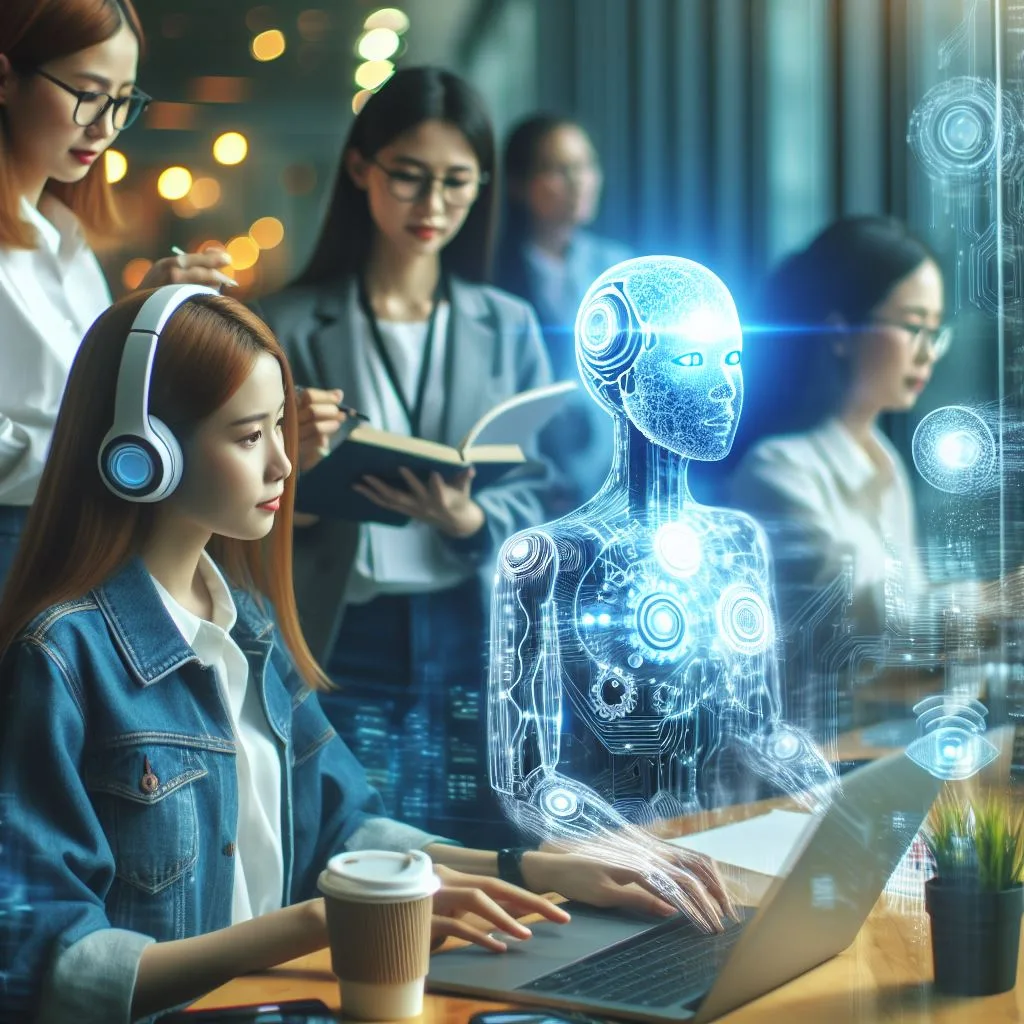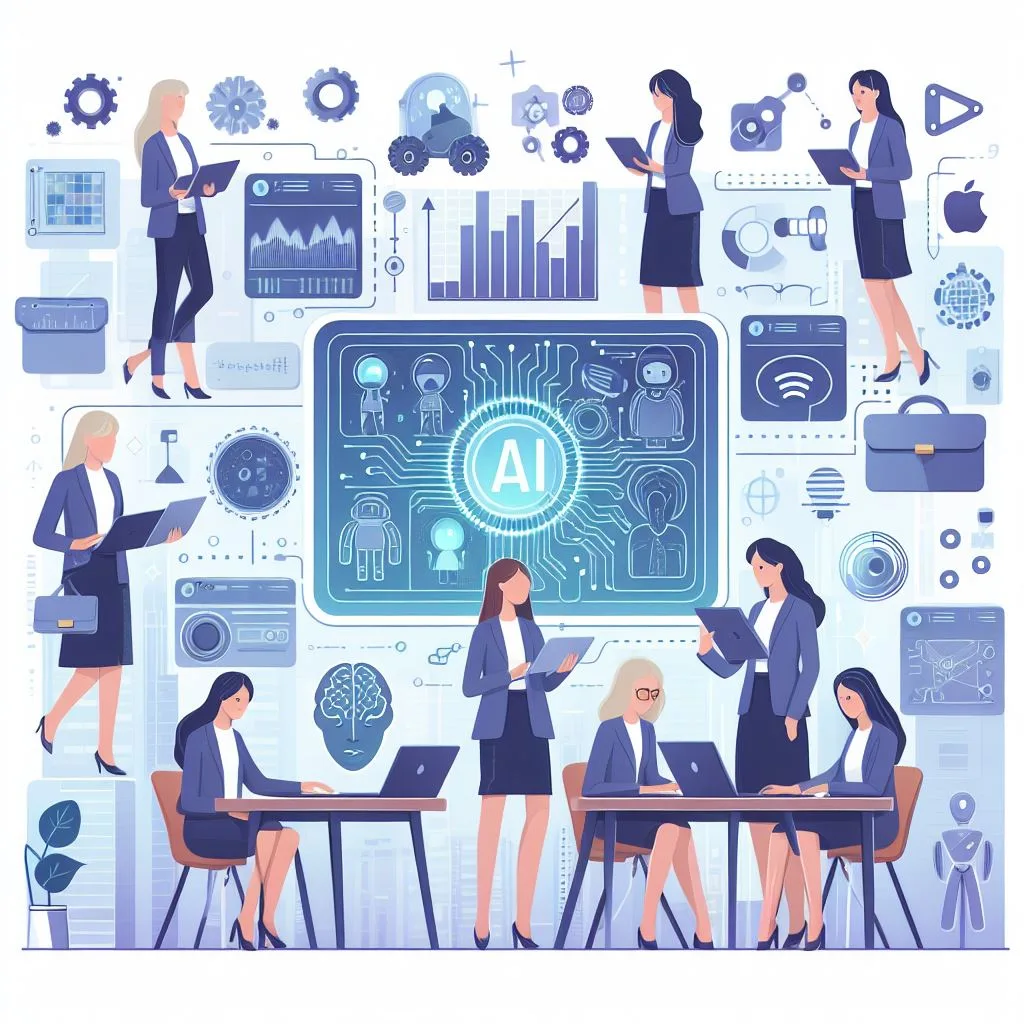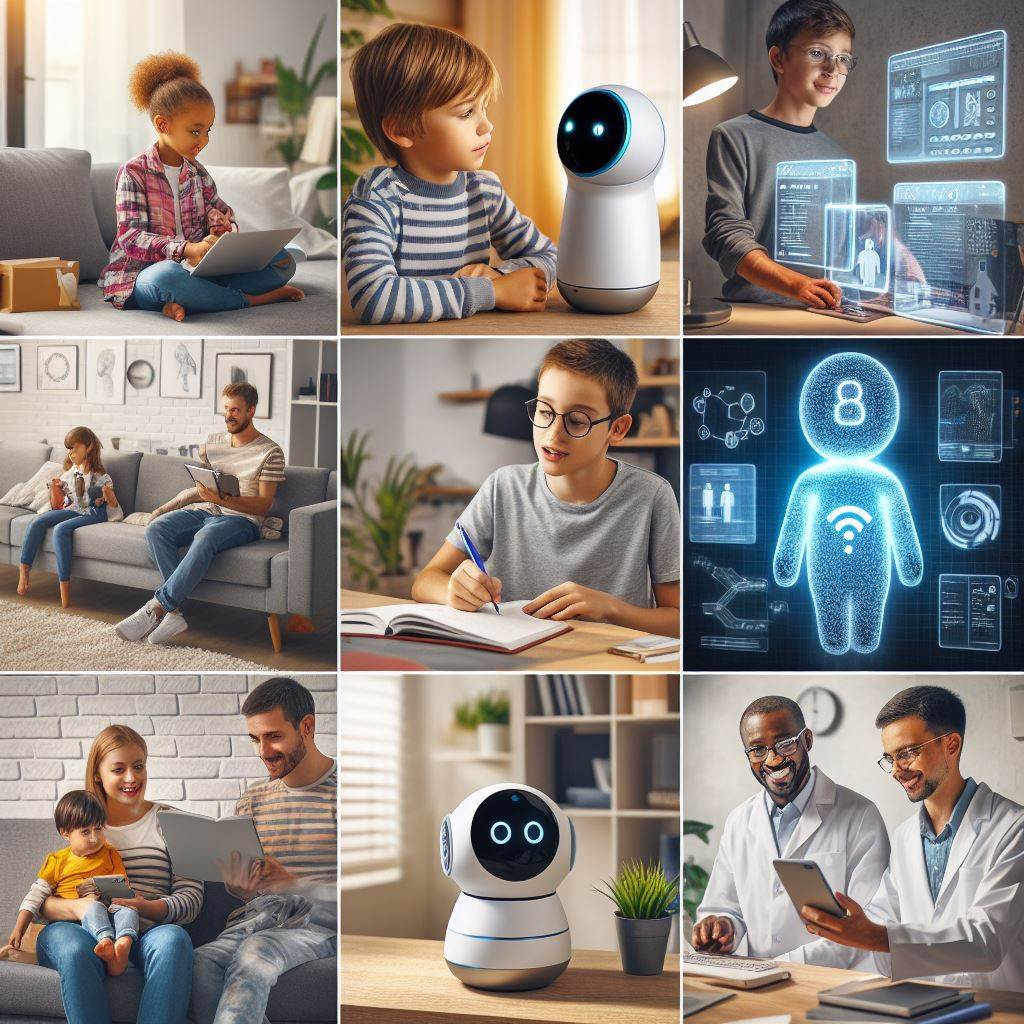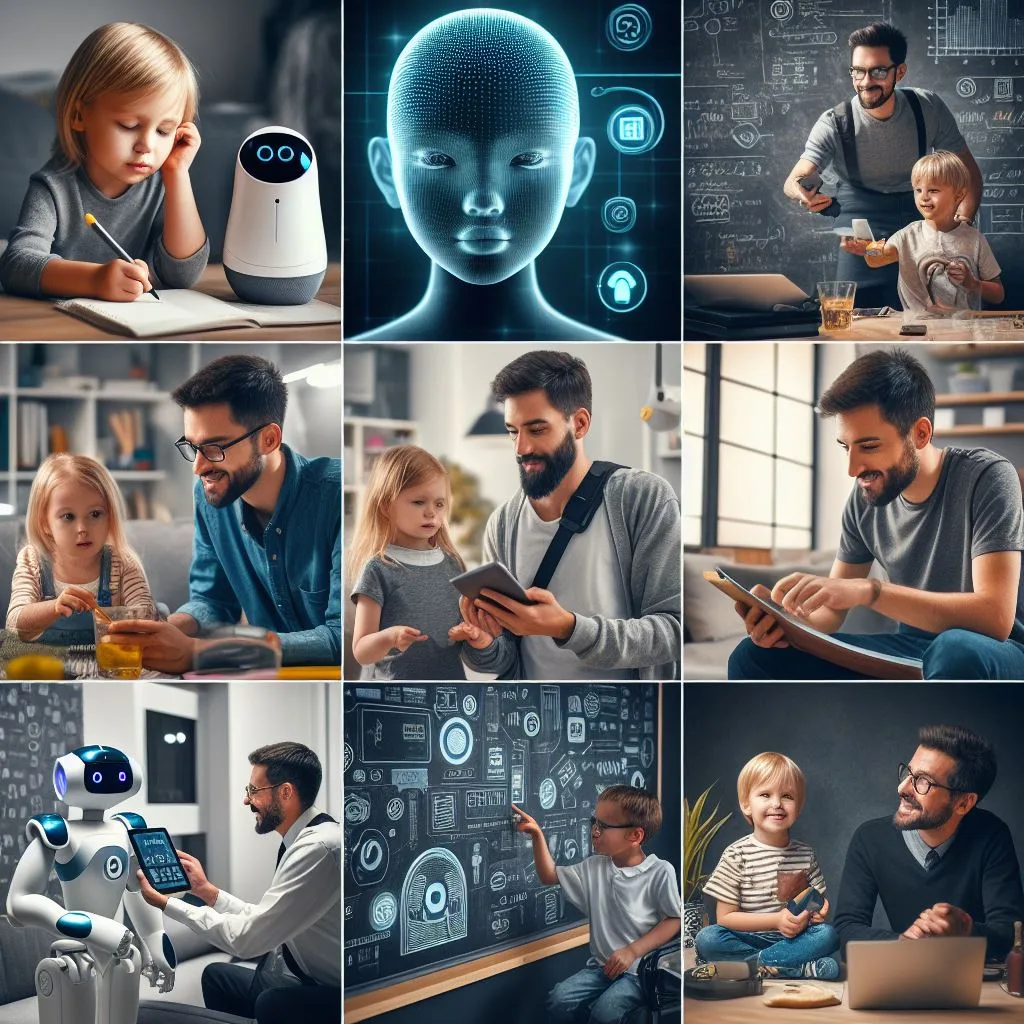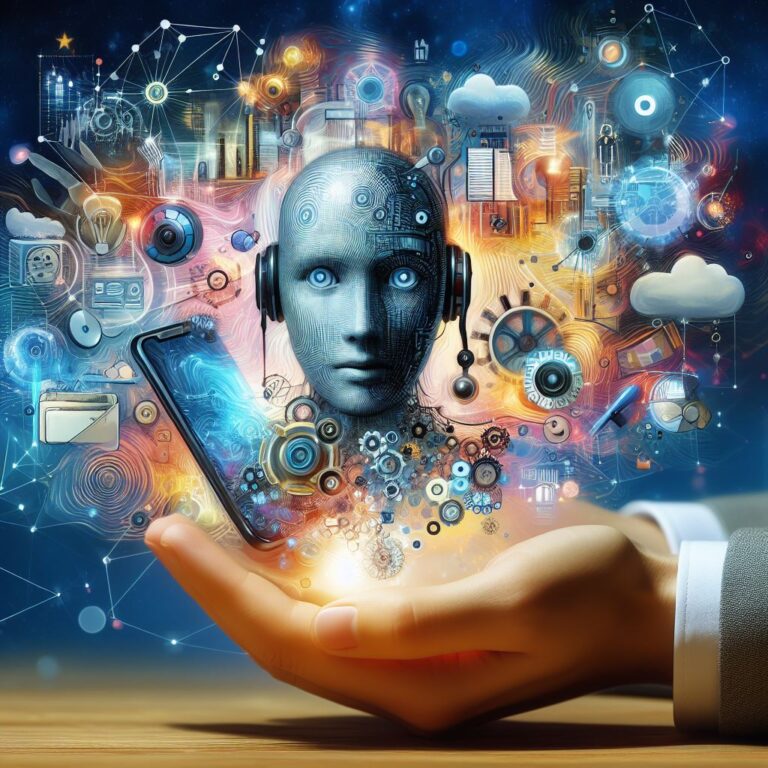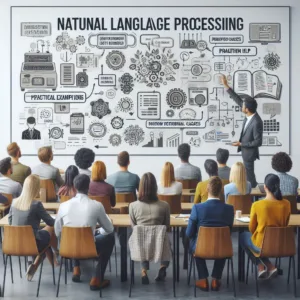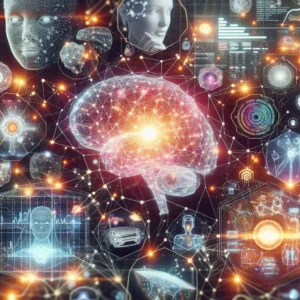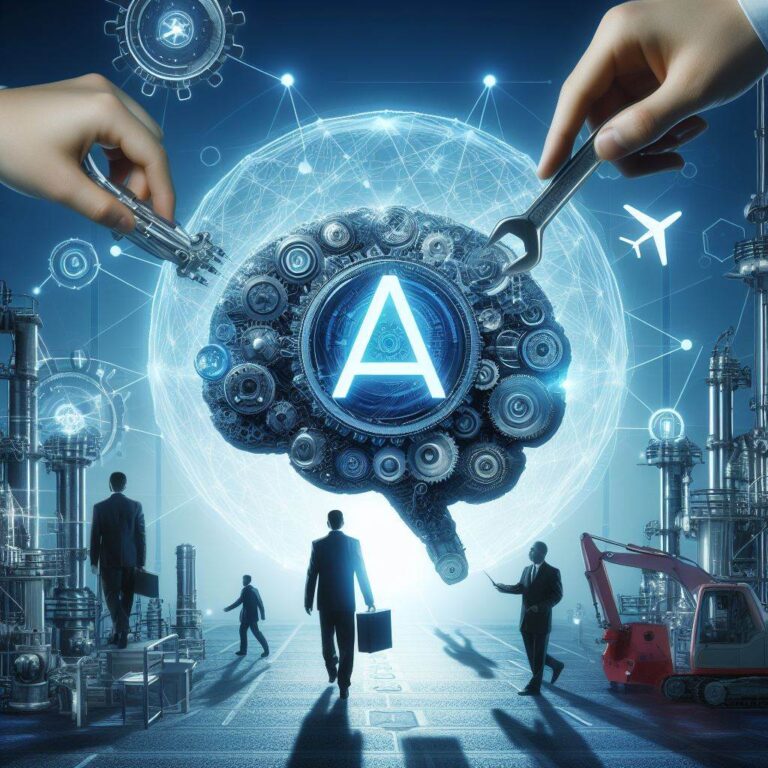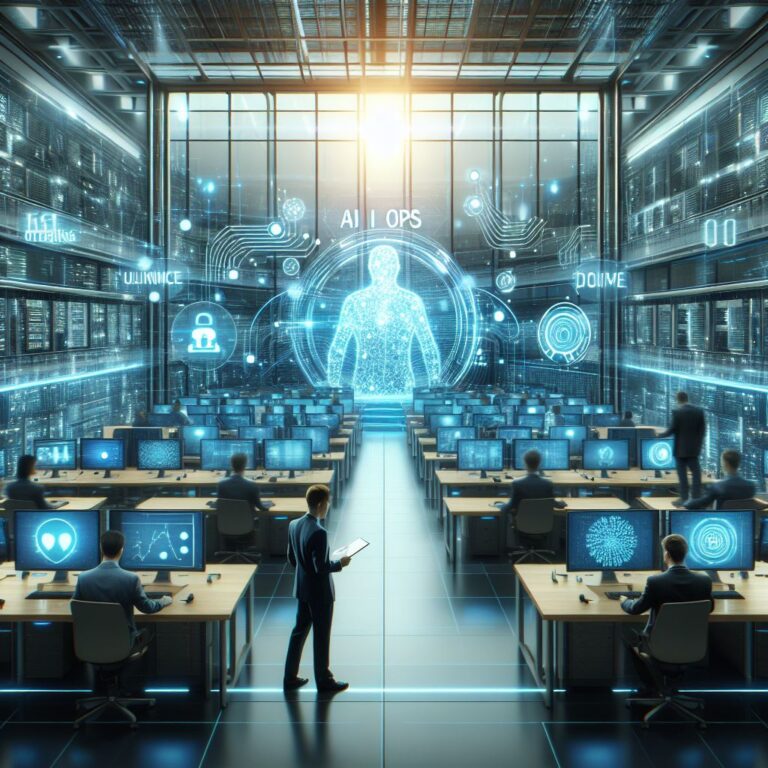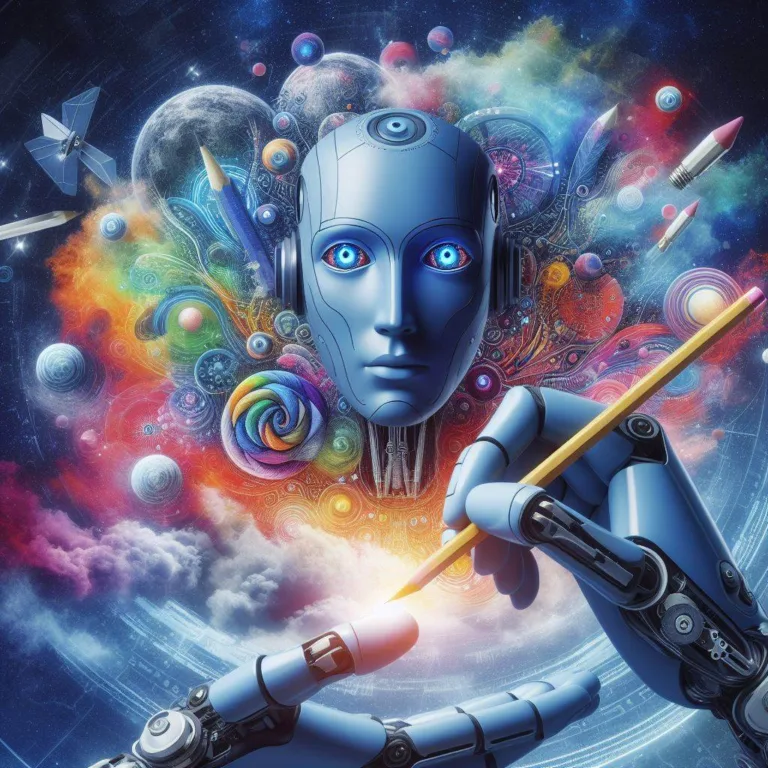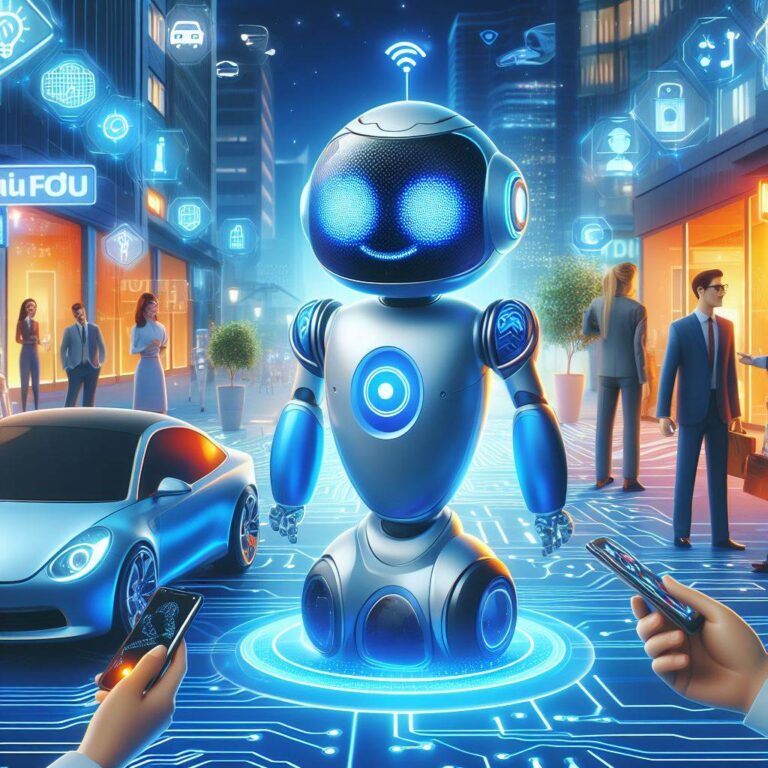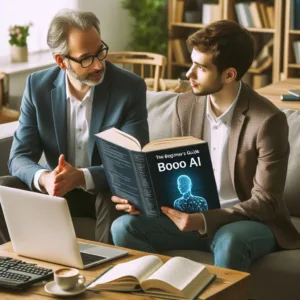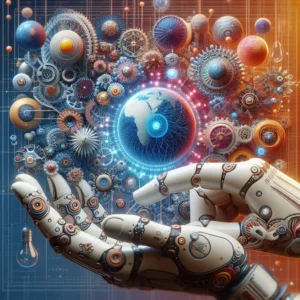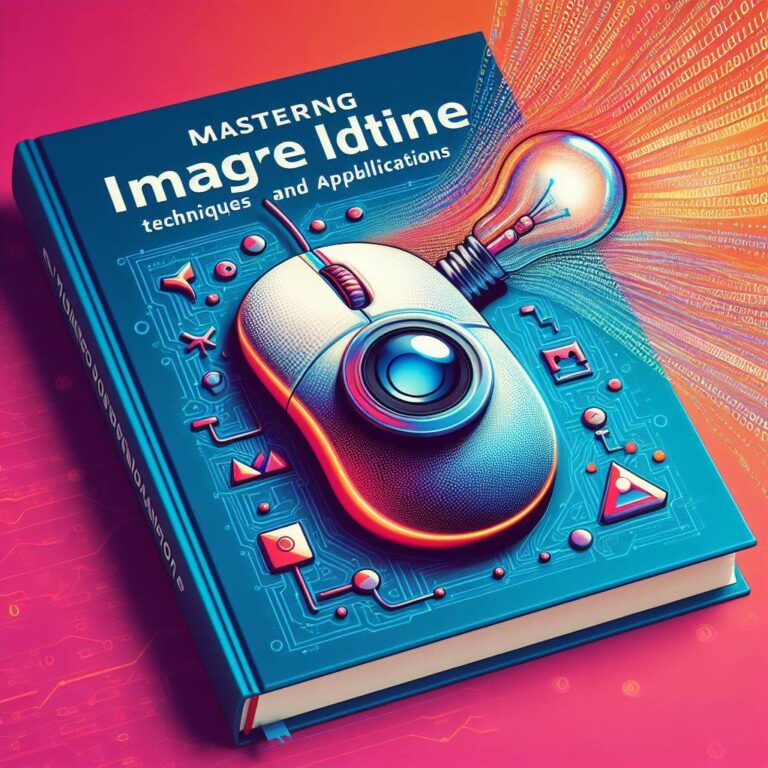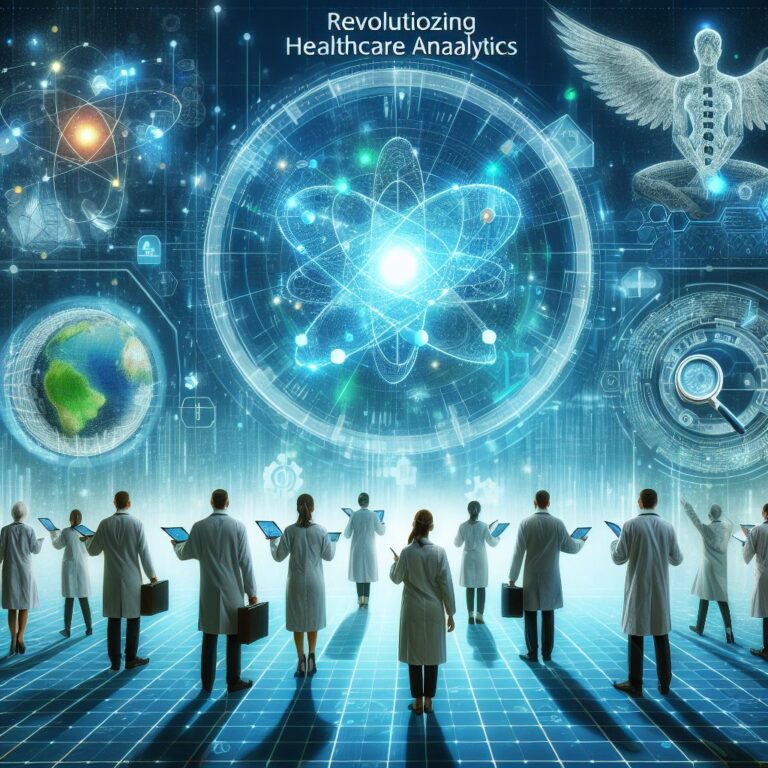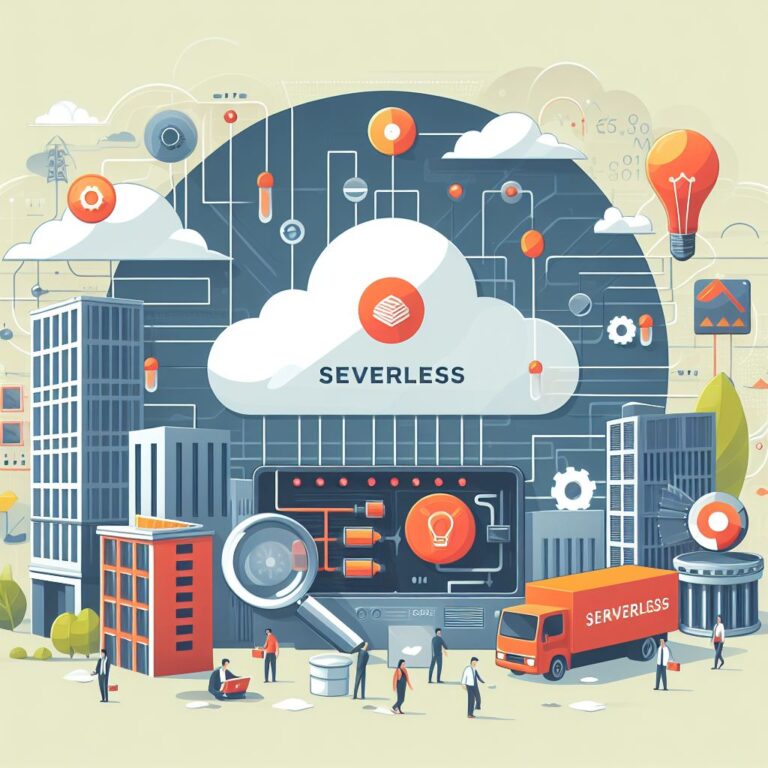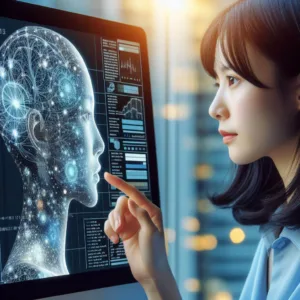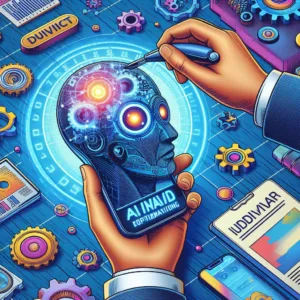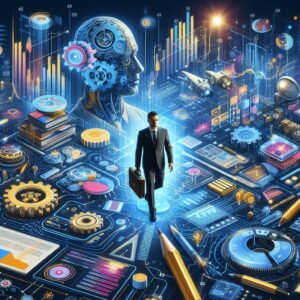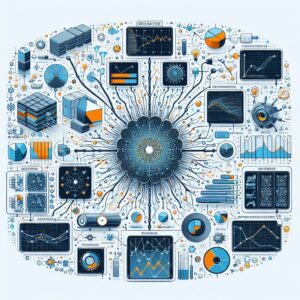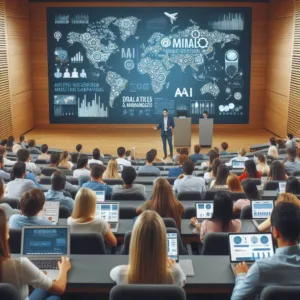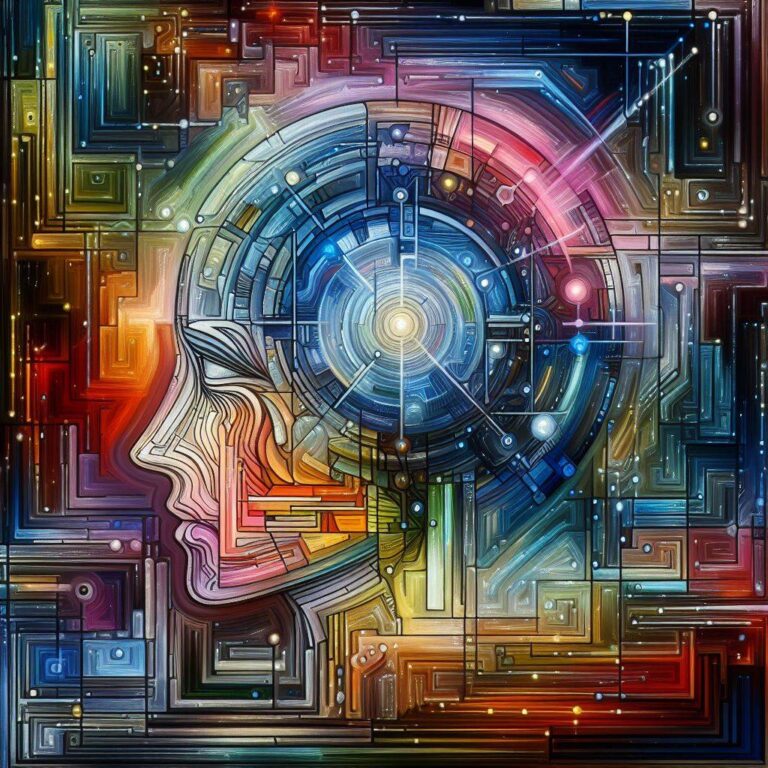Welcome to a journey through the life-changing world of Real-world AI Applications – not just in theory, but lethargy. In today’s fast-paced globe, the impact of artificial intelligence (AI) is sensed in every aspect of our lives, from the habit we receiving medical care to how we manage our finances, obtaining products, manufacturing merchandise, and even designing our cities. In this place exploration of “Real-globe AI Applications,” we’ll dive deep into the tangible habits AI is reshaping industries to a degree healthcare, finance, retail, manufacturing, and city development.
AI isn’t just slang; it’s a powerful force driving novelty and efficiency across diverse areas. In healthcare, AI-powered diagnostics and situation algorithms are revolutionizing patient care, enabling the early discovery of diseases and personalized situation plans tailored to individual needs. At the same time, in finance, AI is optimizing investment strategies, detecting false activities, and offering embodied financial advice to things, enhancing their financial comfort.
But AI’s impact extends far further into the realms of healthcare and finance. In retail, AI-compelled recommendation engines are translating the shopping experience, and contributing personalized product advice based on individual options and browsing behavior. In production, AI-powered automation and predicting maintenance are streamlining production processes, lowering downtime, and ensuring crop quality. In city development, AI is shaping the centers of tomorrow, optimizing transportation schemes, improving energy effectiveness, and enhancing public safety.
Touch us as we embark on a journey to investigate the real-world requests of AI technology. From improving healthcare effects to driving economic progress, enhancing customer occurrences, and building brisker, more sustainable cities, AI is changing the world we live in – individual innovative solutions at a period.
Transforming Healthcare Real-world AI Applications : AI’s Impact on Diagnosis and Treatment
AI-Stimulate Diagnosis
In healthcare, AI is revolutionizing the habit diseases are pronounced and treated. Through advanced machine intelligence algorithms, AI systems can analyze enormous amounts of medical dossier, including images, testing room results, and patient records, to identify patterns and make correct diagnoses. This not only speeds up the diagnostic process but also improves accuracy, superior to better patient outcomes and more personalized situation plans.
Precision Cure
One of the most hopeful applications of AI in healthcare is precision cure. By analyzing ancestral data and other patient-distinguishing information, AI can help healthcare providers tailor treatments to individual sufferers, maximizing effectiveness while underrating side effects. This targeted approach has the potential to convert the way we treat a roomy range of diseases, from cancer to incessant conditions.
Telemedicine and Remote Listening
AI is also making healthcare more approachable through telemedicine and remote monitoring resolutions. By leveraging AI-powered chatbots and virtual helpers, patients can approach medical advice and support from unspecified areas, at any time. Additionally, AI-compelled remote listening devices can track signs of life and other health verifications, allowing healthcare providers to happen early and prevent complications.
Revolutionizing Finance Real-world AI Applications : AI’s Role in Banking, Investments, and Trading
Risk Administration and Fraud Detection
In the finance area, AI plays a crucial duty in risk management and fraud discovery. By analyzing abundant volumes of the financial dossier in real time, AI algorithms can label suspicious patterns and transactions, allow financial institutions to avoid fraud, and mitigate risks. This not only protects the interests of two together businesses and consumers but further strengthens trust in the fiscal system.
Personalized Commercial Services
AI is also permissive of financial institutions to offer made-to-order services to their customers. Through AI-compelled chatbots and virtual assistants, banks can supply tailored recommendations and recommendations based on individual fiscal goals and preferences. This level of customization improves the customer experience and supports stronger relationships middle from two points financial institutions and their customers.
Algorithmic Trading
In the experience of investments, AI-powered manipulation of numbers trading is changing the way securities are purchased and sold. By analyzing display trends and historical dossier at lightning speed, AI algorithms can execute trades accompanying precision and efficiency, conceivably outperforming human traders. This robotic approach to trading has the potential to increase liquidity, decrease transaction costs, and improve overall display efficiency.
Enhancing Customer Experience: AI-Powered Solutions in Retail and E-commerce
Embodied Recommendations
In the retail and buying sectors, AI is driving important improvements in customer knowledge through personalized recommendations. By resolving customer browsing experiences, purchase behavior, and preferences, AI algorithms can imply relevant products and publicities in real time, growing the likelihood of conversion and pushing sales.
Virtual Buying Assistants
AI-powered in essence shopping assistants are transforming the way consumers shop online. By simulating the experience of an in-store marketing associate, these virtual assistants can answer crop-related questions, provide naming advice, and offer personalized approvals, enhancing the overall shopping knowledge and reducing friction in the purchasing process.
Predictive Inventory Administration
AI is also optimizing inventory administration in retail and e-commerce. By resolving sales data, advertising trends, and other appropriate factors, AI algorithms can predict demand exactly, enabling retailers to optimize their stock levels, reduce stockouts, and minimize oversupply. This results in improved customer vindication, reduced costs, and increased effectiveness in supply chain management.
Explore how AI is enhancing customer experience in retail and e-commerce.
Optimizing Operations:Real-world AI Applications in Manufacturing and Supply Chain Management
Predicting Maintenance
In manufacturing, AI is transforming maintenance practices through predicting maintenance solutions. By resolving sensor data and equipment act metrics, AI algorithms can predict when an engine is likely to abandon and proactively schedule maintenance, reducing spare time and preventing costly breakdowns.
Supply Chain Growth
Real-world AI Applications is also optimizing supply chain administration by providing real-time observations and predictive analytics. By resolving data from multiple beginnings, including suppliers, conveyance networks, and demand forecasts, AI algorithms can identify inefficiencies, organize operations, and minimize disruptions, eventually improving the deftness and resilience of the supply chain.
Quality Control and Defect Discovery
AI-powered image acknowledgment technology is transforming control of product quality processes in manufacturing. By resolving images of products and parts, AI algorithms can detect defects and anomalies accompanying high veracity, allowing manufacturers to identify and address issues early in the resulting process, reducing waste and ensuring output quality.
Learn how AI is optimizing operations in manufacturing and supply chain management.
Smart Cities of Tomorrow: AI’s Contribution to Urban Development and Infrastructure
Traffic Administration and Optimization
In urban incidents, AI is improving traffic management and addition through real-period data analysis and predicting modeling. By analyzing traffic patterns, blockage levels, and other relevant determinants, AI algorithms can optimize traffic flow, reduce trade times, and underrate environmental impact, leading to more reliable and more efficient transportation methods.
Energy Efficiency and Sustainability
AI is again driving improvements in strength efficiency and sustainability in smart municipalities. By analyzing data from smart meters, weather forecasts, and construction sensors, AI algorithms can optimize energy use, identify opportunities for strength savings, and support the integration of energy from undepletable source sources, eventually reducing carbon issuances and promoting environmental sustainability.
Public Security and Security
AI-powered broadcast surveillance and analytics are improving public safety and protection in smart cities. By analyzing live television feeds and detecting suspicious behavior or deviations, AI algorithms can alert law enforcement agencies to potential warnings, enabling faster answer times and proactive misconduct prevention measures, enhancing overall security and security for residents and foreigners alike.
Final Conclusion Real-world AI Applications:
As we come to the end of our journey investigating the real-time applications of AI technology, it’s clear that we’re testifying the dawn of a new era. It’s not almost technology; it’s about people – their energy, their finances, their happenings, and their safety. AI isn’t just a buzzword; it’s a force for beneficial change, shaping the realm in profound ways.
In healthcare, AI is conditional lives, diagnosing diseases, and personalizing situations. In finance, it’s managing risks, optimizing investments, and authorizing individuals accompanying personalized financial recommendations. In retail and e-commerce, it’s improving customer happenings, driving sales, and transforming the way we shop. In production and supply chain management, it’s optimizing operations, lowering costs, and ensuring brand quality. And in urban happening and infrastructure, it’s forging smarter, more sustainable downtowns that prioritize security, efficiency, and environmental accountability.
But amidst all the mechanic’s advancements, let’s not overlook the human element – the doctors and nurses providing compassionate care, the economic advisors leading individuals toward their financial aims, the retail associates contributing personalized recommendations, the engineers guaranteeing the quality and effectiveness of manufacturing processes, and the city planners designing all-embracing, livable societies.
As we move forward into this AI-powered future, allow’s remember to maintain humanity at the center of it all – to use technology not in a way that profits, but for the betterment of people. Let’s influence the power of AI to create a realm where all have access to quality healthcare, fiscal stability, pleasing shopping experiences, effective manufacturing processes, and acceptable, sustainable cities.
Together, allow’s embrace the excuse that AI presents, while always remembering the values that make us human – empathy, grace, and a commitment to making the world a heaven for all.
Further Reading: Explore More on Real-World AI Applications
- How AI is Transforming Healthcare: Real-world Examples: Explore real-world examples of AI applications in healthcare and the transformative impact on patient care.
- The Future of Finance: AI’s Impact on Banking and Investments: Discover how AI is revolutionizing the finance industry, from banking to investment strategies.
- AI-Powered Retail: Enhancing Customer Experiences Through Personalization: Learn how AI is transforming retail by offering personalized customer experiences and recommendations.
- Smart Manufacturing: The Role of AI in Industry 4.0: Explore the role of AI in Industry 4.0 and how it’s revolutionizing manufacturing processes.
- Building Smarter Cities: AI’s Contribution to Urban Development: Learn about AI’s contribution to urban development and the creation of smarter, more sustainable cities.

